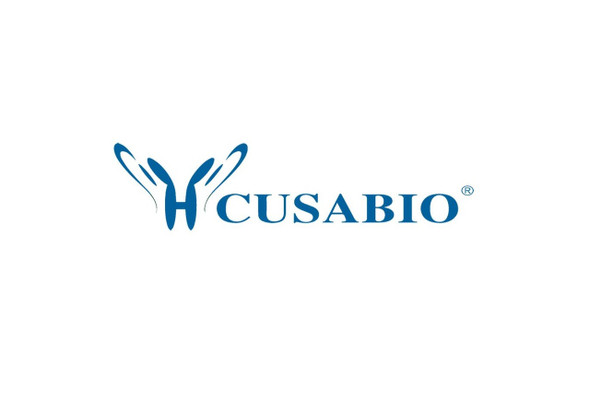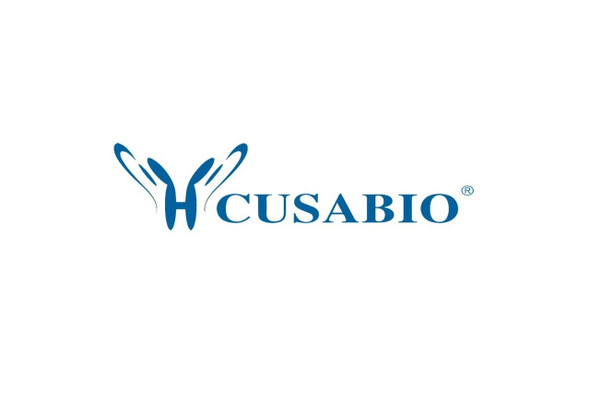Cusabio Human Recombinants
Recombinant Human V-type proton ATPase subunit G 1 (ATP6V1G1) | CSB-EP002408HU
- SKU:
- CSB-EP002408HU
- Availability:
- 13 - 23 Working Days
Description
Recombinant Human V-type proton ATPase subunit G 1 (ATP6V1G1) | CSB-EP002408HU | Cusabio
Alternative Name(s): V-ATPase 13KDA subunit 1Vacuolar proton pump subunit G 1Vacuolar proton pump subunit M16
Gene Names: ATP6V1G1
Research Areas: Transport
Organism: Homo sapiens (Human)
AA Sequence: ASQSQGIQQLLQAEKRAAEKVSEARKRKNRRLKQAKEEAQAEIEQYRLQREKEFKAKEAAALGSRGSCSTEVEKETQEKMTILQTYFRQNRDEVLDNLLAFVCDIRPEIHENYRING
Source: E.coli
Tag Info: N-terminal GST-tagged
Expression Region: 2-118aa
Sequence Info: Full Length of Mature Protein
MW: 40.6 kDa
Purity: Greater than 90% as determined by SDS-PAGE.
Relevance: Catalytic subunit of the peripheral V1 complex of vacuolar ATPase (V-ATPase). V-ATPase is responsible for acidifying a variety of intracellular compartments in eukaryotic cells.
Reference: "The status, quality, and expansion of the NIH full-length cDNA project: the Mammalian Gene Collection (MGC)." The MGC Project Team Genome Res. 14:2121-2127(2004)
Storage: The shelf life is related to many factors, storage state, buffer ingredients, storage temperature and the stability of the protein itself. Generally, the shelf life of liquid form is 6 months at -20?/-80?. The shelf life of lyophilized form is 12 months at -20?/-80?.
Notes: Repeated freezing and thawing is not recommended. Store working aliquots at 4? for up to one week.
Function: Catalytic subunit of the peripheral V1 complex of vacuolar ATPase (V-ATPase). V-ATPase is responsible for acidifying a variety of intracellular compartments in eukaryotic cells. In aerobic conditions, involved in intracellular iron homeostasis, thus triggering the activity of Fe(2+) prolyl hydroxylase (PHD) enzymes, and leading to HIF1A hydroxylation and subsequent proteasomal degradation
Involvement in disease:
Subcellular Location:
Protein Families: V-ATPase G subunit family
Tissue Specificity: Ubiquitous.
Paythway: mTORsignalingpathway
Form: Liquid or Lyophilized powder
Buffer: If the delivery form is liquid, the default storage buffer is Tris/PBS-based buffer, 5%-50% glycerol. If the delivery form is lyophilized powder, the buffer before lyophilization is Tris/PBS-based buffer, 6% Trehalose, pH 8.0.
Reconstitution: We recommend that this vial be briefly centrifuged prior to opening to bring the contents to the bottom. Please reconstitute protein in deionized sterile water to a concentration of 0.1-1.0 mg/mL.We recommend to add 5-50% of glycerol (final concentration) and aliquot for long-term storage at -20?/-80?. Our default final concentration of glycerol is 50%. Customers could use it as reference.
Uniprot ID: O75348
HGNC Database Link: HGNC
UniGene Database Link: UniGene
KEGG Database Link: KEGG
STRING Database Link: STRING
OMIM Database Link: OMIM









